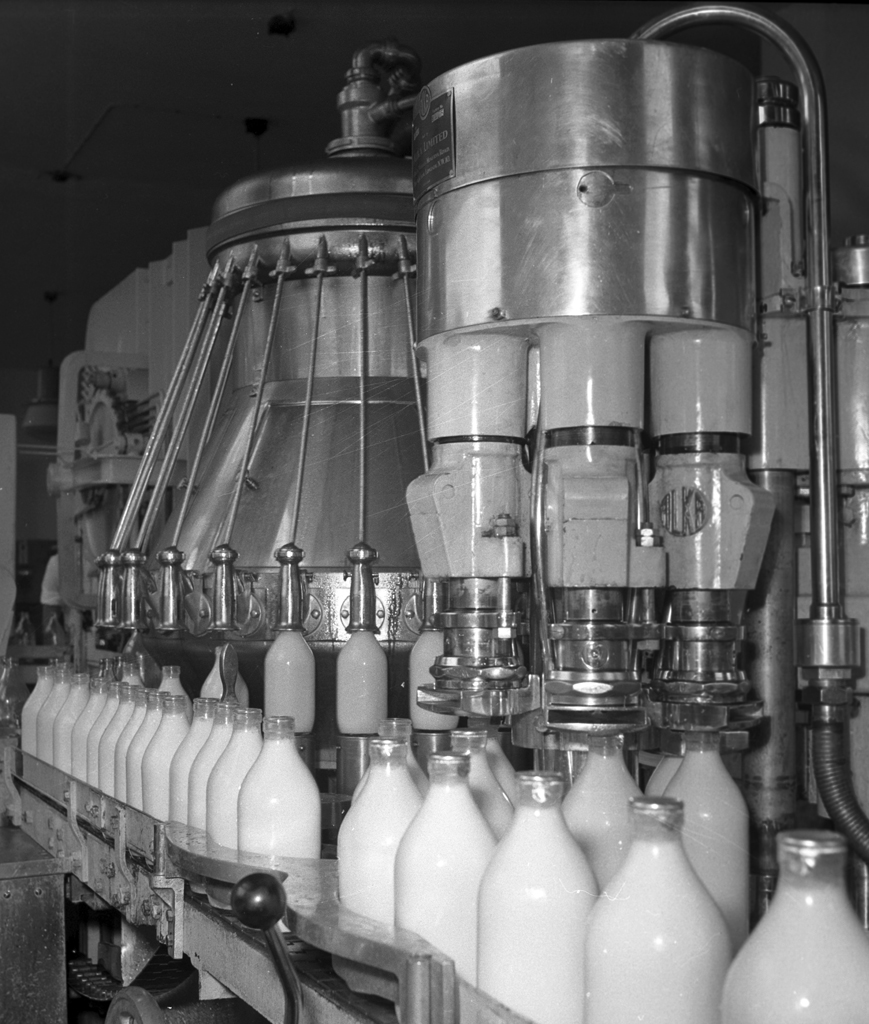
Once upon a time in Ancient Egypt,
Phragmites reeds from the banks of the Nile
Were fashioned into qualams.
The symbol of wisdom and education,
The writer of papyrus scrolls,
The Book of the Dead.
In Europe,
Feathers of goose or swan,
Lost in annual moult,
Were stripped of barbs,
Then cut and cured.
The educated man’s tool.
_vector.svg/2000px-Quill_(PSF)_vector.svg.png) Much less ostentatious then Hollywood would have us believe,
Much less ostentatious then Hollywood would have us believe,
These pared back implements,
Were the majestic writers of our history.
Giving signature to the Magna Carta,
The Declaration of Arbroath,
And giving notice of Independence across the Atlantic.
Like the caterpillar metamorphosing to chrysalis, then butterfly,
Reed and quill transformed to metal and plastic,
Their natural calamus replaced by bottles of ink for dipping,
Then by branded, disposable, cartridges,
Clean, tidy replacements,
Easily slotted in,
No spills.
So the fountain pen harnessed gravity and capillary action
To forego the mess of clumsy hands.
The Parker, the Sheaffer,
That special gift for high school students, for 21st birthdays.
A sure sign of success, of adulthood,
For women and men.
Finally the ballpoint, the BIC, the biro.
Easier for left handers,
Overwriters, side writers, underwriters,
Stripped of worries over smudging wet ink.
An instant drying success.
Produced en masse for the educated multitude.
Gone are the blotches,
The blue black stains on cuff and skin.
Now the desk tidy stands full,
Free for use by all.
Cheap and cheerful.
Frequently left behind at friends, at school,
Forgotten in bags, in drawers,
Stuffed in pencil cases,
Nicked from banks,
Always available, but never there when you need one, .
Consumables consumed.
 Artistry lost.
Artistry lost.
Calligraphy returns to quill and nib
To craft strokes with subtle changes to depth, and angle in a single movement.
Once more a precious implement,
Fashioned by use
Into an extension of the master craftsman’s brain,
His eye, her hand,
Crocheting a delicate lacework with skilful flourish,
Caressing the paper as gently as a feather floating through air.
© Sheila Ash 9th October 2016



_vector.svg/2000px-Quill_(PSF)_vector.svg.png) Much less ostentatious then Hollywood would have us believe,
Much less ostentatious then Hollywood would have us believe, Artistry lost.
Artistry lost.